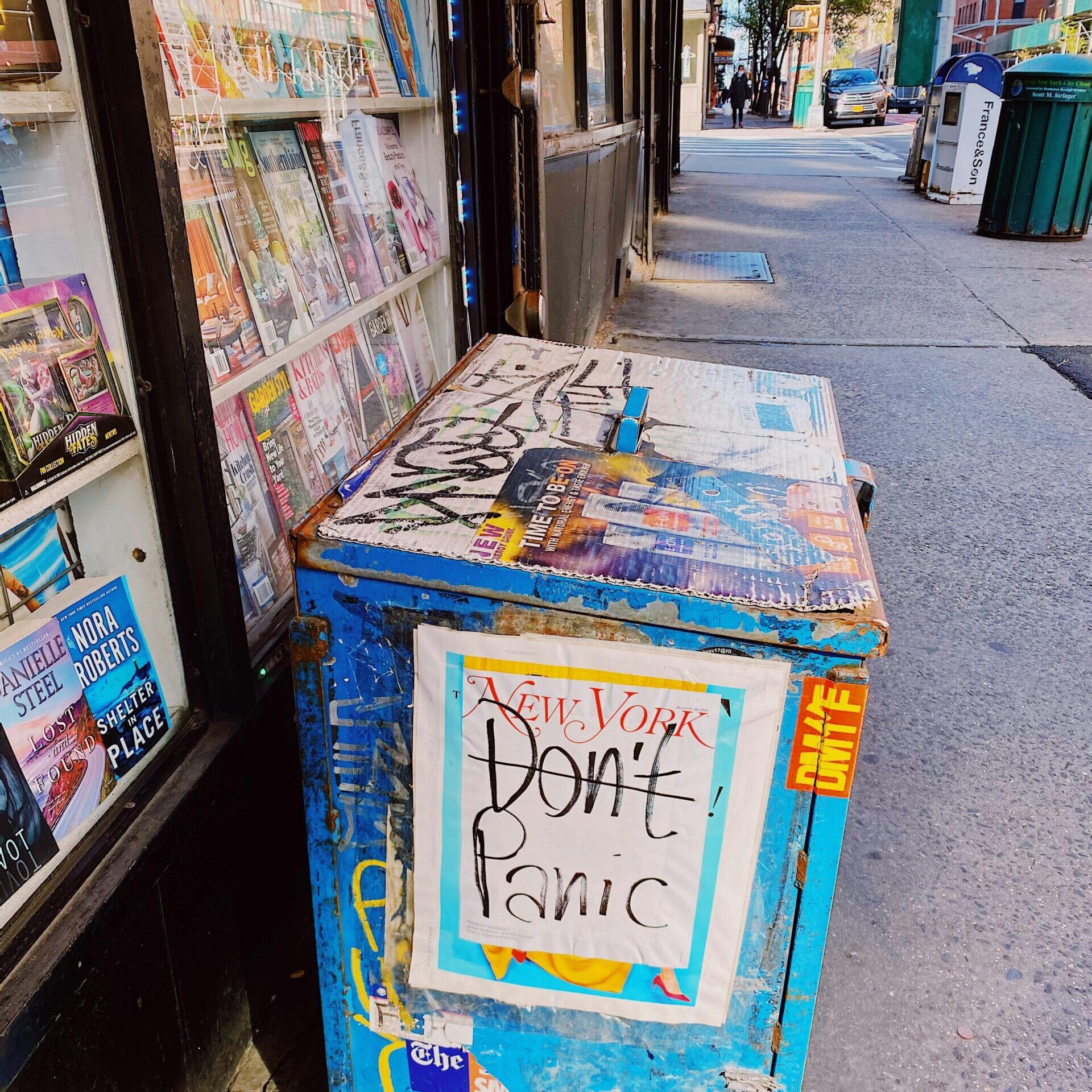The world of books offers a vast escape and a wealth of knowledge. But with the rise of digital media, a debate has emerged: is buying pirated books ever justified? This blog post will delve into the legality and ethics of book piracy, explore the Indian market specifically, and offer some alternatives to consider.
Piracy: A Clear Case of Illegal Copying
First and foremost, it’s crucial to understand that piracy is illegal. Pirated books are copies of copyrighted material distributed without permission from the author or publisher. This not only violates copyright laws but also undermines the creative and publishing industry. Authors and publishers rely on book sales to earn a living and continue creating new content. When someone chooses a pirated copy, creators lose that vital income stream. And us, as readers lose our ethics.
The Indian Market: Affordability vs. Ethics
The situation in India adds another layer to the conversation. Estimates suggest pirated books account for a significant portion of book sales in the country. This can be attributed, in part, to affordability. For students and budget-conscious readers, the high cost of original books can be a major barrier.
However, the convenience of a cheap pirated copy comes at a price. Pirated books are often low quality, with poor printing, editing, and missing content. Furthermore, downloading pirated content can expose your device to malware and viruses.
Beyond Piracy: Exploring Alternatives
Fortunately, there are several alternatives to consider before resorting to piracy:
- Libraries: Libraries offer a vast selection of books to borrow for free.
- Used Books: You can find used books at a fraction of the original price at a few bookstores. Also, you can follow bookstagrammers and whenever they unhaul their books, you can get them for yourself at good prices.
- Free eBooks: Many libraries and websites offer free legal eBooks (sometimes with a time limit).
These options allow you to enjoy the joy of reading without breaking the bank or supporting illegal activity.
Why are books pirated?
The high cost of academic resources like journals and books creates a major obstacle for many people. This can be especially true for students and researchers who need access to this information but simply cannot afford the hefty subscription fees. In response, many turn to pirated copies of these materials, often found online at a lower price or even for free. While the appeal of obtaining the same information at a fraction of the cost is understandable, this practice of book piracy has serious consequences for the creative industries.
Why is piracy harmful?
Book piracy acts as a silent killer for the publishing industry. In India alone, the publishing industry loses an estimated 400 crores every year due to piracy. This financial strain discourages publishers from investing in new content creation and puts a strain on authors’ livelihoods. Authors and publishers rely on book sales to make a living, and when their work is pirated, they lose out on the financial rewards for their efforts. This can lead to a decline in the quality and quantity of content being produced.
The impact of piracy goes beyond just the publishing industry. When people pirate books and journals, they avoid paying taxes on those purchases. This means governments lose out on vital revenue that could be used to fund important services.
My Take
I believe that in the Indian market, where there are different social classes of readers, it is a personal choice. I buy pirated books as well as original books, depending on my financial resources. As a middle-class Indian, I understand how buying a book worth five hundred can spoil m mother’s carefully set budget. But as a responsible reader and book marketer in India, I also know how devastating it is for an author or publisher to see their book getting pirated. All of it depends on the mindset of the buyer.
Discouraging Piracy Is Our Responsibility
Eliminating piracy completely is a complex challenge. There is no single solution, but a multifaceted approach is needed. One potential solution is to explore alternative ways to access knowledge. This could include initiatives like expanding library collections, promoting used bookstores, and increasing the availability of free legal eBooks. Additionally, publishers could consider different pricing models to make academic resources more affordable for students and researchers.
Another key element is individual responsibility. By choosing to purchase original works whenever possible, we can directly support authors and publishers.
Ultimately, working together is essential. A collaborative effort from publishers, authors, readers, and policymakers is necessary to address affordability concerns and effectively combat piracy. By finding solutions that ensure both access to knowledge and fair rewards for creativity, we can create a healthy and sustainable knowledge ecosystem.
